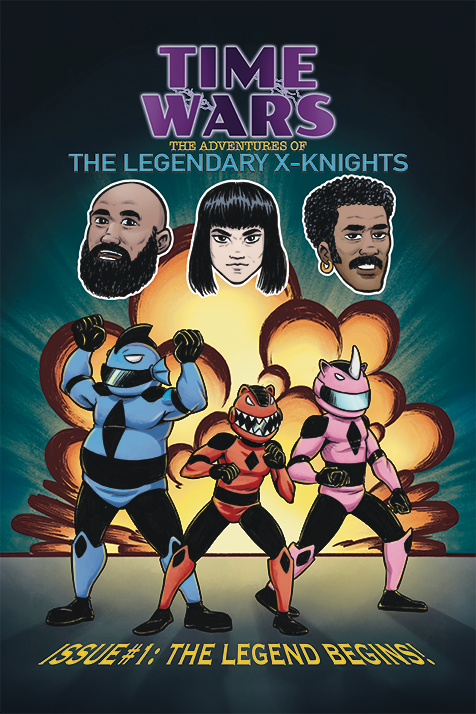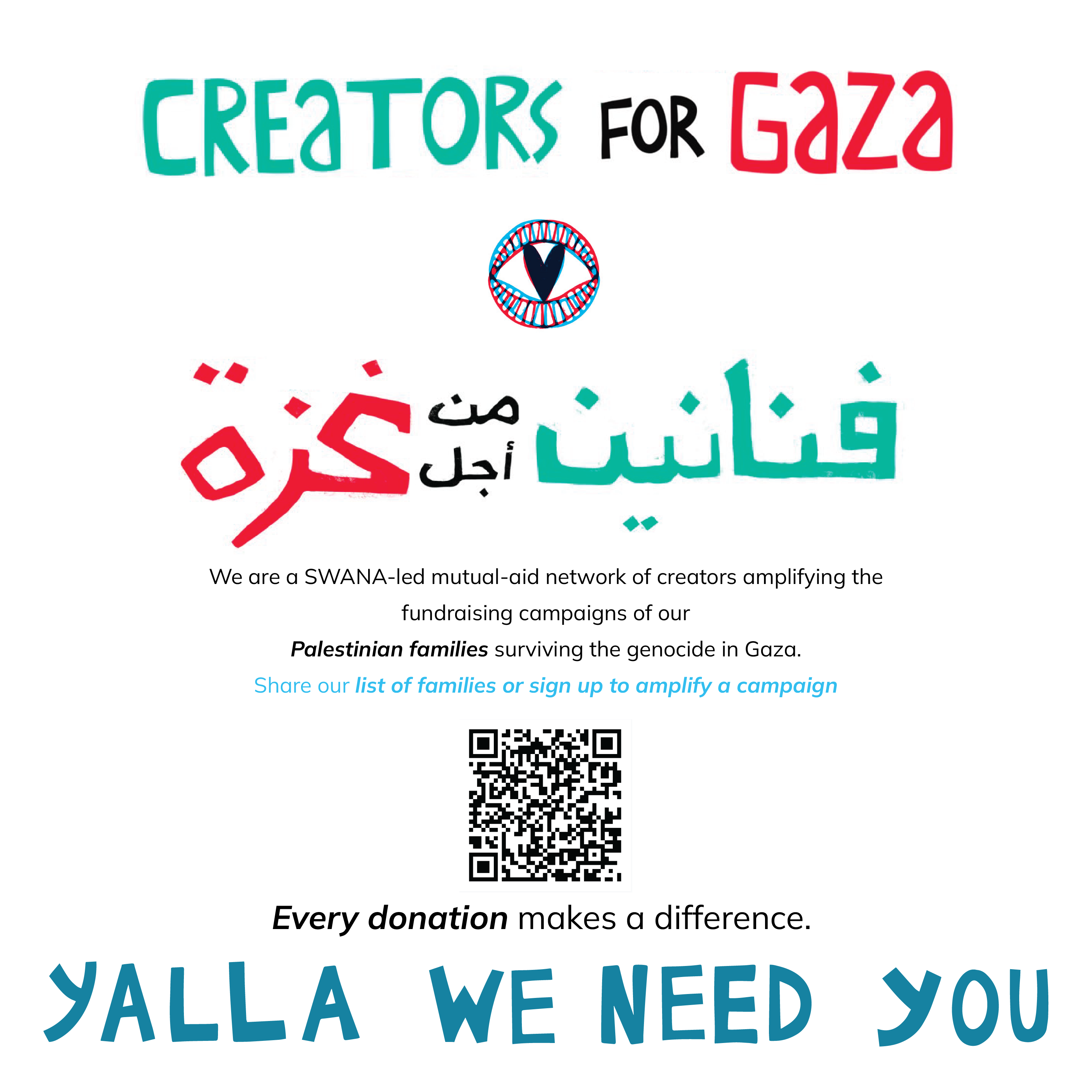 Bijhan Agha is a trans Persian-American comic artist living in Uruguay, and second-time podcast guest! This time, she joined us to talk about her latest superhero comic “The Legendary X-Knights” for which the Kickstarter comes out today!
Bijhan Agha is a trans Persian-American comic artist living in Uruguay, and second-time podcast guest! This time, she joined us to talk about her latest superhero comic “The Legendary X-Knights” for which the Kickstarter comes out today!
“The Legendary X-Knights” is about a group of diverse people working together to defeat monsters. They are all brought together by messages from the future which guide them in a war against Vampirekind. They get their powers from colored crystals which translate their emotions—especially those typically considered negative—into physical armor and weapons.
We discuss the unique power of comics to reach both children on basic issues of justice and adults on a level of more pointed political critique. We also unpack certain facets of the book as we see them playing out in the real world: the reality that you can shift mass public opinion without shifting how power operates, the insidiousness of the military-industrial complex, and the importance of embracing “negative” emotions as an antidote to political apathy and toxic positivity.
Comic Kickstarter Campaign: https://www.kickstarter.com/projects/jamsheedstudios/the-legendary-x-knights-issue-1-the-legend-begins/
Jamsheed Studios Patreon: https://www.patreon.com/JamsheedStudios
Bijhan’s BlueSky: https://bsky.app/profile/bijhan.bsky.social
Note! As of December 1, there are $1 digital comics and discounts for comics bought to US prisoners who requested queer literature.

